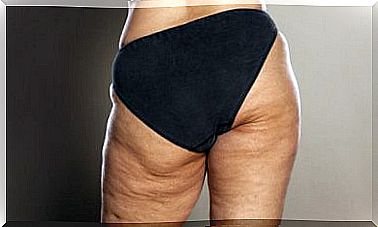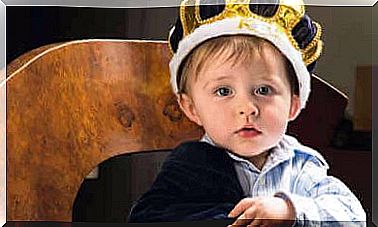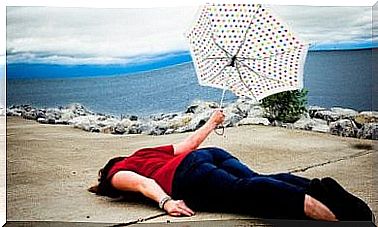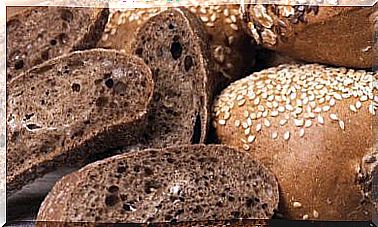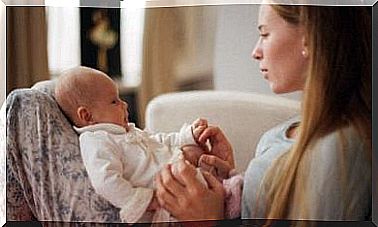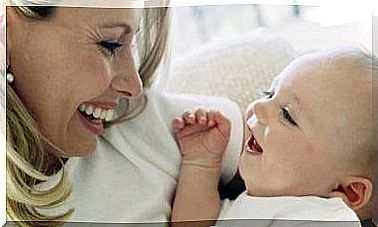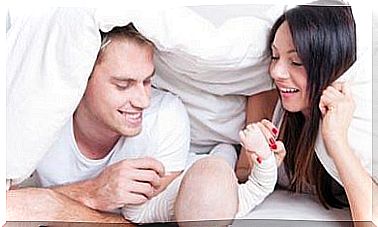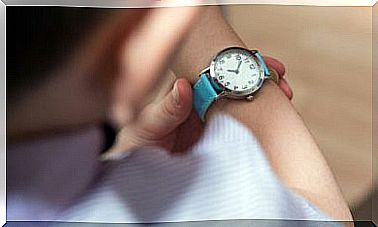Take Care Of Your Baby’s Bone Health
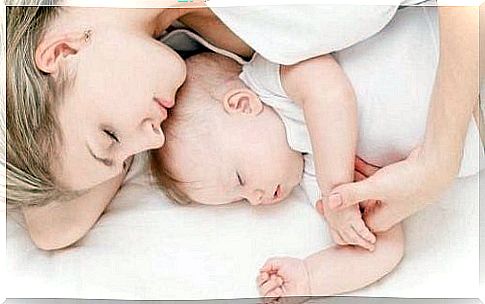
Proper nutrition and a healthy lifestyle from an early age are key aspects of caring for your baby’s bone health. By taking care of this aspect, you are preventing possible fractures and bone-related illnesses throughout your life.
After delivery, the child begins to develop various motor activities such as, for example, lifting the head, moving the little feet or opening and closing the little toes. So she needs healthy and strong bones.
Your little one’s ossification and bone formation processes begin before he leaves your belly. Outside of it the bones will also be in the process of growth. Therefore, you should consume calcium during pregnancy and while nursing your baby.
However, bones are not the only ones that feed on calcium. Many metabolic processes, such as the heart, muscles, bloodstream, among others, use this nutritional support to ensure adequate physical development for the baby.
Your baby’s bones will continue to grow for a lifetime. Thus, it is essential to take care of the health of the babies’ skeletons. All of this is for the little ones to have the possibility to grow properly and to avoid possible fractures after the constant falls that happen when babies learn to walk or crawl.
During pregnancy, approximately between the 15th and 20th weeks, your baby’s little bones will already be forming and performing important functions.
Take care of your baby’s bone health
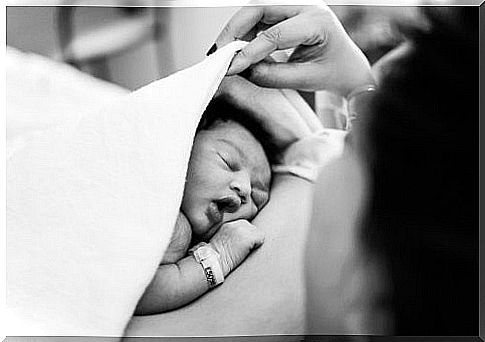
Babies have soft bones, but that doesn’t mean they’re going to break. For this reason it is essential that you know how to take care of this aspect. The health of your baby’s bones can cause concerns, but knowledge about this topic will minimize these fears so that you can take better care of your little one.
- Change the baby’s position. In general, doctors and grandparents recommend placing the baby on its mouth or side to reduce the risk. But, in addition, you need to lean the baby’s head a few times on different sides to avoid any deformation or leveling on one side.
- Encourage development. Massaging the back, arms and legs every day from the first month of life stimulates motor movements such as lifting the head, crawling, moving the neck, etc… In this way, the bones in these regions will gradually strengthen.
- Carry the baby gently. Babies’ little bones are very soft and flexible, so they can’t support their little heads for a long time. So, gently hold the neck every time you pick the baby up so it doesn’t hurt.
- Feed the baby very well. Food is vital for your child’s little bones to grow. Thus, provide a diet rich in calcium, which can be found in milk, prepared and enriched cereals, among other foods.
- Go out with the baby for a walk during the day. Vitamin D from sunlight helps to fix calcium in bones. Therefore, you should go for a walk with the baby in the morning in short periods of time and always paying attention to the time so that the sun’s rays are not too strong and harmful to the little one’s skin.
Do not panic! These things are normal during development.
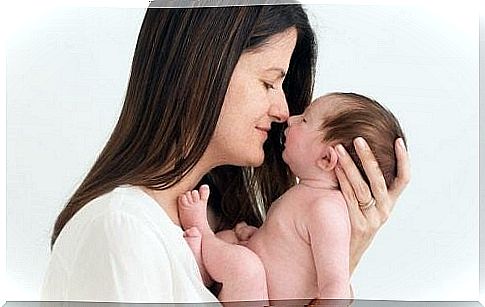
Due to the characteristics of a young child’s bones, you may notice certain positions and reactions that may cause some concern. However, there is nothing to fear, dear mother. This is part of growing the bones. Below, we’ll explain it better:
- When breathing, the ribs move. It’s normal for you to be impressed by the fact that your ribs increase in size with each baby’s inhale. This happens because the bones are still soft and, as a result, there is resistance to breathing movements.
- The skeleton is flexible and soft. When the baby is inside the mother’s womb, physical activity is minimal and the bones do not need to be strong. So they still don’t have many mineral components. This makes the skeleton of the little ones flexible and soft.
- In the little head there is a region that pulsates. This small region is a space between the bones of the skull that is not yet consolidated. This space is essential for the baby to cross the birth canal and be born without brain damage. So it’s completely normal.
It’s beautiful to take care of a baby, as you are its biggest protector, and the person who loves your child the most in this world. But don’t get obsessed with thinking that bones can break. They are delicate but not crystal.
